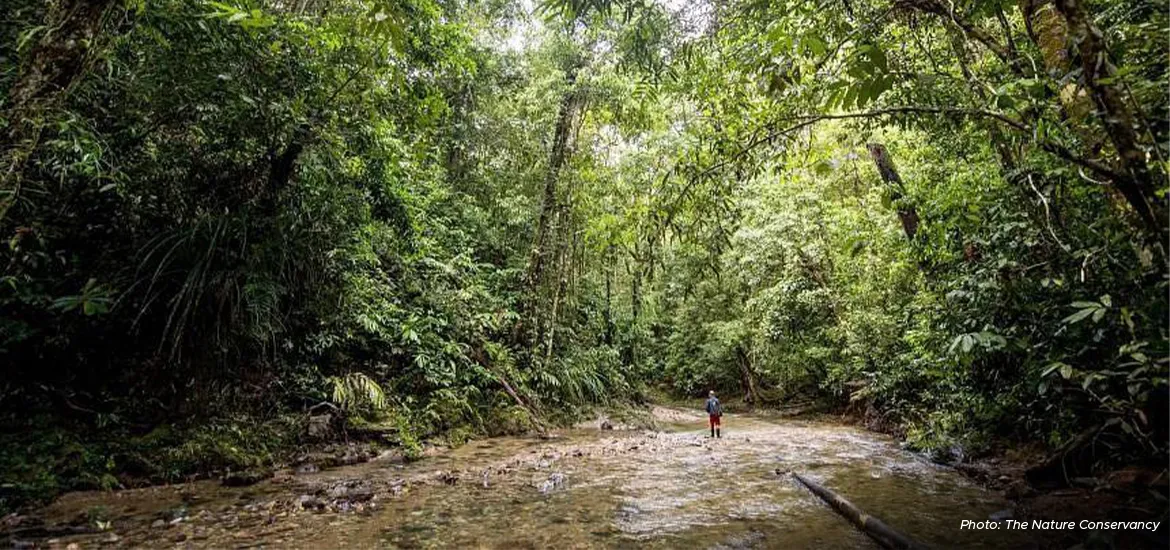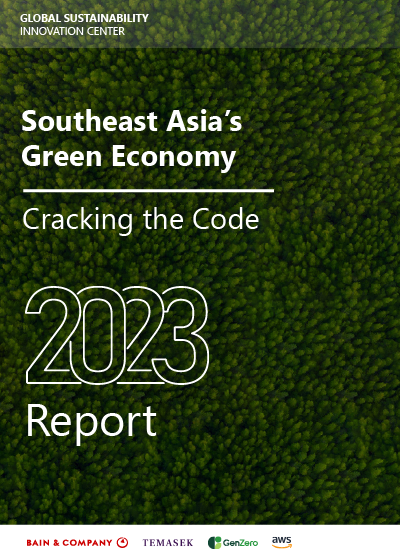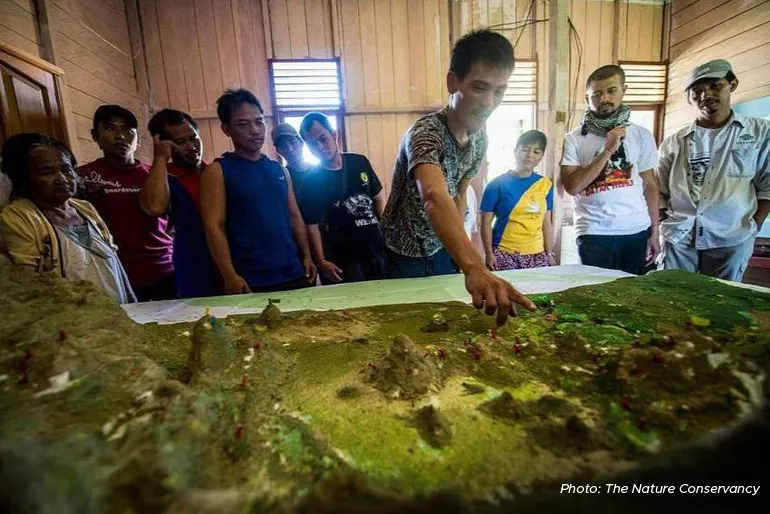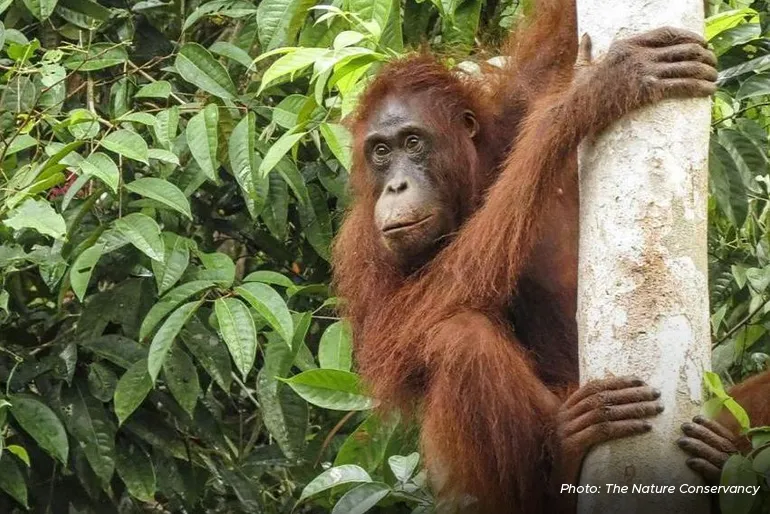A global environmental non-profit has set up base in Singapore, in a boost to the country’s ambitions of becoming a green finance hub.
The Nature Conservancy (TNC) – headquartered in the United States – aims to raise the supply of high-quality carbon credits in the region and unlock more conservation projects in Southeast Asia.
Carbon credits refer to permits that companies or countries can buy from, for example, a forest conservation project in Indonesia to offset their greenhouse gas emissions. Each credit represents one tonne of emissions.
TNC’s Singapore country director Thomas Brzostowski said: “Many companies and investors in Singapore want access to high-quality credits, but there’s just not enough out there, particularly from this part of the world.”
He noted that only about 16 per cent of global impact investments flow into the Asia-Pacific.
The Southeast Asia Green Economy 2023 report, published in June, stated that an estimated US$400 billion (S$542 billion) of investments in nature are needed to meet the region’s 2030 climate goals.










